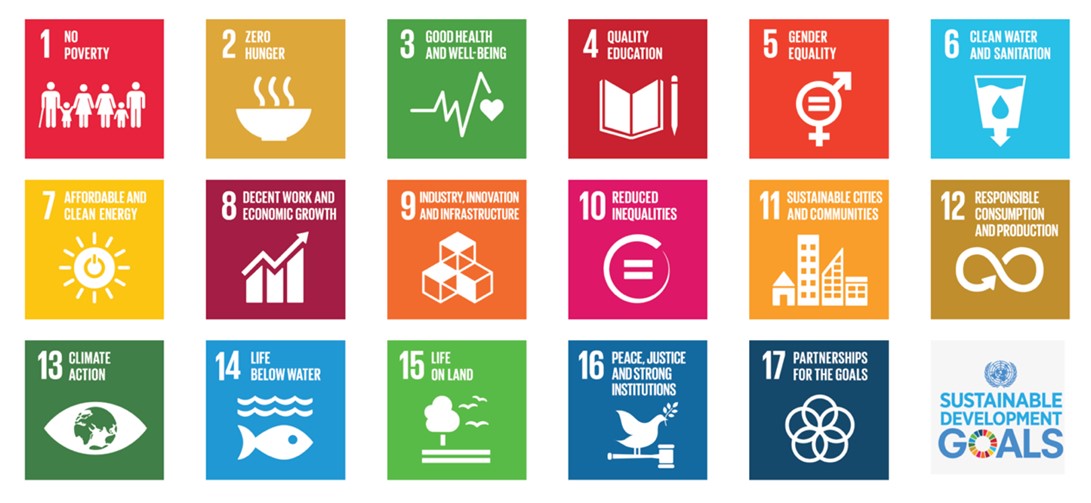Mentorship to empower African women in agribusiness
17 October 2024, Rome – The Food and Agriculture Organization of the United Nations (FAO) and…
The Sustainable Development Goals (SDGs) are a universal set of goals, targets and indicators that were unanimously approved by UN member states in September 2015. They are meant to serve as a framework for development policy for the next 15 years to be applied to all countries around the world, not only developing countries. They are a follow-up to the Millennium Development Goals[1] (MDGs), which were agreed-upon in 2001, to be reached by 2015.
Private sector engagement featured as an important topic throughout the SDG negotiations. The SDGs refer frequently to the role of business in achieving the new commitments, and it is likely that business actions and commitments will be under important scrutiny as progress is reviewed.
The SDGs present an opportunity for business to showcase its contribution and role in supporting sustainable development, while also increasing the expectations placed on business by stakeholders, in particular governments and civil society organizations.
Emerging Ag has been very engaged in this process, participating in all the sessions of negotiations at the UN Headquarters in New York, advocating in particular for the importance of agriculture, food security, nutrition and sustainability and establishing a stand alone goal for eradicating hunger and malnutrition. Emerging Ag has been supporting several clients in advancing the goal of sustainable development. Ensuring your company is aware and engaged with the SDGs can help maximise reputational benefits, enhance access to key stakeholders, create new opportunities for engagement, as well as increase your visibility.
Emerging Ag supports companies in understanding the SDGs and the risks and opportunities the new framework presents, as well as offering support to ensure your communication and commitments are well aligned with and leverage the SDGs to maximise reputational and relationship benefits.

There are 17 Sustainable Development Goals, tackling a broad range of topics from gender equality, education and poverty to safety, inequality and climate change. The 17 goals break down into 169 individual targets, all of which aim for 2030 achievement.
Now that the Goals and Targets have been agreed, the next step is to develop a full set of indicators for to hep measure success. These are due to be completed by March 2016. This will be the last major milestone before attention focuses on implementation, monitoring and reporting.
While they primarily target governments, the SDGs are designed to rally a wide range of organizations, and shape priorities and aspirations for sustainable development efforts by all actors around a common framework. Importantly, the SDGs recognize the key role that business can and must play in achieving them.
Paragraph 46 of the SDG document states “We call on the private sector to engage in responsible business practices, such as those promoted by the United Nations Global Compact,” and Paragraph 47 states “[we] encourage companies, where appropriate, especially publicly listed and large companies, to consider integrating sustainability information into their reporting cycle.”
Among the 17 SDGs, several are of particular interest to the food and agriculture sector:
In addition, Goal 17. “Strengthen the means of implementation and revitalize the global partnership for sustainable development” is of direct importance to private sector at large.
Emerging ag inc. has a strong background working on issues related to sustainability, agriculture and food security and has been engaged in the process for setting Agenda 2030 and the Sustainable Development goals since its inception in 2010. Our experts have attended the full series of negotiations on the SDGs and are currently involved in the discussions on the indicators. Emerging ag’s team also has extensive experience working with companies to identify opportunities for engagement and enhance reputation through strategic involvement at the UN and in multi-stakeholder forum.